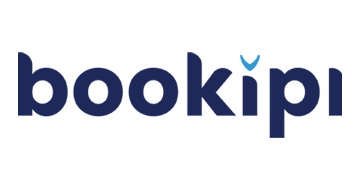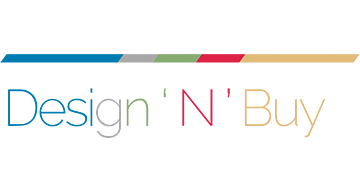
| Starting price | $29/mo |
|---|---|
| Pricing model | Per store |
| Free Trial | 3-day |
| Free Version | No |
Unleash the potential of your online business with the best commerce software solutions available. Manage your e-commerce activities seamlessly, optimize customer experience and increase sales.
Find the right tool for your needs at SaasGenius.
Discover our carefully compiled list of the best value commerce software solutions that offer exceptional value and functionality. Our top picks are industry-leading solutions that can revolutionize your online business.

| Starting price | $29/mo |
|---|---|
| Pricing model | Per store |
| Free Trial | 3-day |
| Free Version | No |

| Starting Price | $50/month |
|---|---|
| Pricing Model | Subscriber based |
| Free Trial | Yes |
| Free Version | Yes |

| Starting Price | Free |
|---|---|
| Pricing model | Free |
| Free Trial | Yes |
| Free Version | Yes |

| Starting Price | Contact for price |
|---|---|
| Pricing Model | Per Feature |
| Free Trial | Yes |
| Free Version | Yes |

| Starting Price | Contact for price |
|---|---|
| Pricing Model | Subscriber based |
| Free Trial | No |
| Free Version | No |
Commerce software, also known as e-commerce software, is an ERP solution for facilitating online business transactions and operations. It offers a range of features that enable businesses to build, manage and grow their online stores.
Commerce software typically includes features such as product catalog management, secure payment processing, order processing, inventory management, and customer relationship management (CRM).
The cost of commerce software depends on factors such as the size of your online business, the features you want, and the vendor’s pricing model. Pricing options include monthly subscriptions, tiered plans based on transaction volume or enterprise-level solutions.
Some vendors offer additional features, such as advanced analytics or integrations, at higher price points. Review your specific e-commerce needs and compare pricing options to find the most affordable software for your budget.
We have identified the best commerce software based on a comprehensive evaluation that includes functionality, ease of use, customer support and value for money. Each software undergoes a rigorous evaluation and receives an individual score, called the Genius Score, which ranges from 0 to 100 and is an accurate measure of its performance. Our goal is to give you unbiased reviews and recommendations to help you find the best value commerce software for your business.